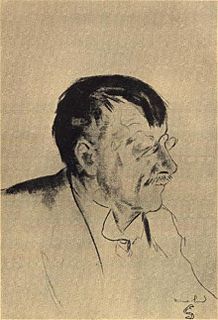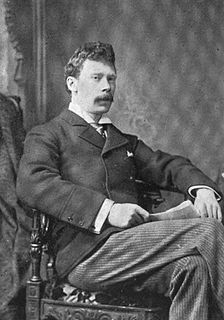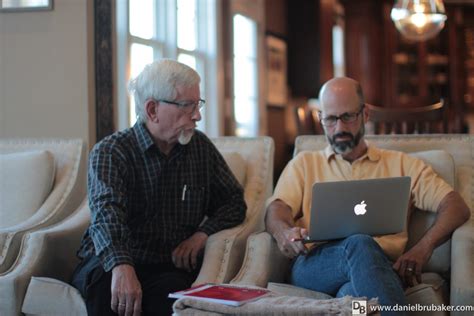A Quote by Nils Kjaer
At the time of Caliph Omar's invasion of Egypt, the Arab officer on duty in the destruction of the library of Alexandria used two stamps with which he marked the books. One said: 'Does not agree with the Koran - heretic, must be burned'. The other said: 'Agrees with the Koran - superfluous, must be burned'.
Related Quotes
To accept the story of the Arab destruction of the library of Alexandria, one must explain how it is that so dramatic an event was unmentioned and unnoticed not only in the rich historical literature of medieval Islam, but even in the literatures of the Coptic and other Christian churches, of the Byzantines, of the Jews, or anyone else who might have thought the destruction of a great library worthy of comment. That the story still survives, and is repeated, despite all these objections, is testimony to the enduring power of a myth.
The library is not a shrine for the worship of books. It is not a temple where literary incense must be burned or where one's one devotion to the bound book is expressed in ritual. A library, to modify the famous metaphor of Socrates, should be the delivery room for the birth of ideas - a place where history comes to life.
Possession of books denounced as heretical was made a criminal offense. Copies of such books were burned and destroyed. But in Upper Egypt, someone, possibly a monk from a nearby monastery of St Pachomius, took the banned books and hid them from destruction - in the jar where they remained buried for almost 1,600 years.
One time, the Library of Congress was giving books to local libraries around the country on Islam. The library of a guy named Walter Jones, who's a member of Congress from North Carolina, got some books and resource materials, and he got up in the press and said he didn't want any Muslim books in the library. And the people said, "Wait a minute, that's kind of anti-Muslim." He said, "Oh no, Keith Ellison is a friend of mine." And I said, "You know what? We are friends, but you're wrong about this.
So many Muslims have this belief that everything between the two covers of the Koran is just God's unaltered word. They like to quote the textual work that shows the Bible has a history and did not fall straight out of the sky, but until now the Koran has been out of this discussion. The only way to break through this wall is to prove that the Koran has a history too. The Sana'a fragments will help us do that.
No matter what spiritual path you've walked or what teachings you've followed, they must lead you back to no path and no teaching. A true teaching is like a blazing fire that consumes itself. The teaching must not only consume you, but consume itself as well. All must be burned to ash, and then the ash must be burned. Then, and only then, is the Ultimate realized.




































